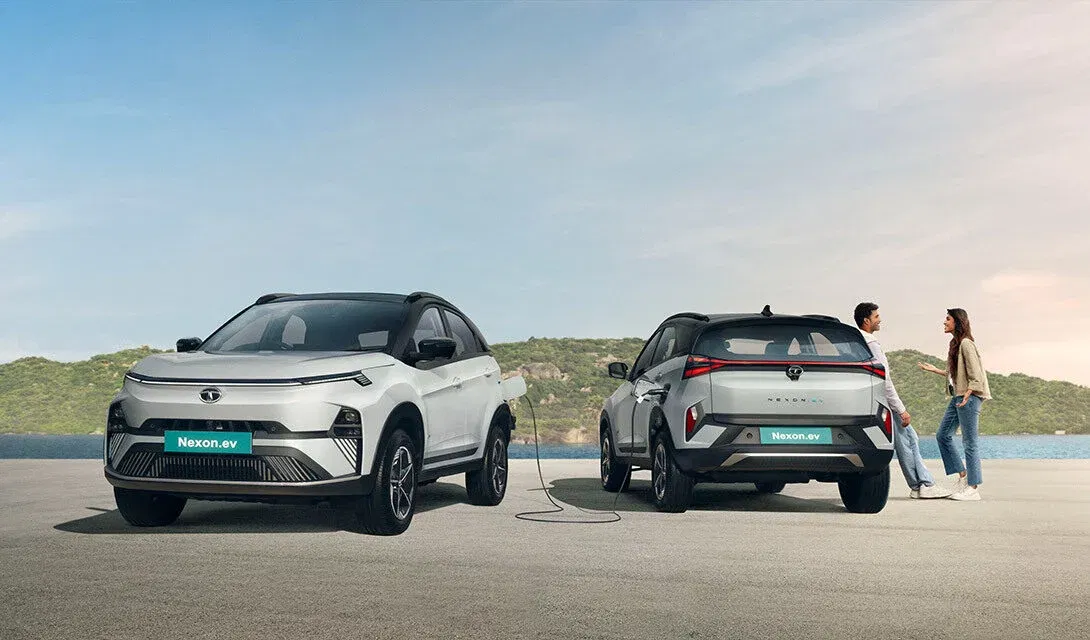In recent years, the automotive industry has been undergoing a significant transformation, with electric vehicles (EVs) leading the charge. According to the International Energy Agency, global sales of EVs hit a record 10 million in 2022, showcasing a growing shift towards sustainable mobility. As we navigate 2023, consumers are faced with an intriguing decision: choosing between electric cars, hybrids, and traditional gas-powered vehicles, especially when budget is a primary concern. This article explores the most affordable options in each category and highlights the current trends shaping the future of transportation.
The Affordable Electric Vehicle Revolution
Budget-Friendly EV Options in 2023
Electric vehicles are gaining traction, not just for their environmental benefits but also for their decreasing costs. Brands like BYD and Hyundai are at the forefront, offering models that balance affordability with modern features. For instance, the Hyundai Kona Electric, priced around $34,000, provides an impressive range of 258 miles on a single charge. Meanwhile, the Nissan Leaf, starting at approximately $28,000, remains a popular choice for its practicality and ease of use.
Charging Infrastructure and Tips
- Home Charging: Installing a Level 2 home charger can cost between $500 and $1,200 but significantly reduces charging time compared to standard outlets.
- Public Charging Networks: Apps like PlugShare and ChargePoint offer maps of nearby stations, often including real-time availability.
- Fast Charging: Look for EVs compatible with fast charging to minimize downtime during long trips.
The expansion of charging infrastructure, supported by governments and private companies alike, is making electric cars more accessible than ever. For instance, Tesla’s Supercharger network, along with initiatives like Volkswagen’s Electrify America, is creating a robust backbone for EV users across the globe.
Hybrid Cars: The Best of Both Worlds?
Top Hybrid Picks for the Budget-Conscious
Hybrids offer a middle ground, combining a gas engine with electric power to improve fuel efficiency without the range anxiety often associated with pure EVs. The Toyota Prius, a pioneer in hybrid technology, continues to be a favorite, with starting prices around $25,000. Another contender is the Honda Insight, which offers a sleek design and excellent fuel economy for roughly the same price.
Advantages and Considerations
- Improved Fuel Efficiency: Hybrids can achieve up to 50 mpg, significantly reducing fuel costs.
- Lower Emissions: While not as green as EVs, hybrids still contribute to lower carbon footprints.
- Maintenance: Generally cheaper than pure EVs, as they have fewer battery concerns but require regular engine upkeep.
Many consumers find hybrids appealing due to their ability to switch seamlessly between power sources, providing the flexibility needed for varied driving conditions.
Gas-Powered Vehicles: Still Relevant in 2023?
Economical Gas Cars
Despite the buzz around EVs and hybrids, gas cars remain a staple for many due to their lower upfront costs. Models like the Honda Civic and Toyota Corolla, both starting under $22,000, are known for their reliability and efficiency, making them attractive options for budget-conscious buyers.
Trends and Future Outlook
- Fuel Efficiency: Modern gas vehicles are increasingly fuel-efficient, with many achieving over 35 mpg.
- Longevity and Infrastructure: Gas stations are ubiquitous, and the technology is well-understood, offering peace of mind.
- Resale Value: Gas cars often retain value better in certain markets due to their widespread appeal.
While gas-powered cars are unlikely to disappear overnight, their market share is gradually decreasing as stricter emissions regulations and consumer preferences shift towards greener alternatives.
Making the Right Choice: Tips and Recommendations
When deciding between EVs, hybrids, and gas cars, consider the following factors:
- Driving Habits: If you frequently drive long distances, a hybrid or gas car might be more practical. For city driving, an EV could be ideal.
- Budget: Factor in both the initial purchase price and ongoing costs like fuel, maintenance, and insurance.
- Environmental Impact: Prioritize sustainability? EVs have the edge, with hybrids as a compromise.
- Infrastructure: Evaluate the availability of charging stations or gas stations in your area.
Ultimately, your choice will depend on your specific needs and priorities.
Conclusion: Navigating the Road Ahead
As 2023 progresses, the landscape of automotive options continues to evolve, with electric vehicles, hybrids, and gas cars each offering unique benefits. The key takeaways? EVs are becoming more accessible and affordable, hybrids provide a balanced approach, and gas cars offer reliability at a lower upfront cost.
What will the future hold for the automotive industry? With advancements in battery technology and renewable energy, we may soon see even more cost-effective and environmentally friendly options. So, whether you’re leaning towards an EV, hybrid, or sticking with a trusty gas vehicle, the road ahead is paved with possibilities. What’s your next move in the journey towards sustainable transportation? Share your thoughts in the comments below!

